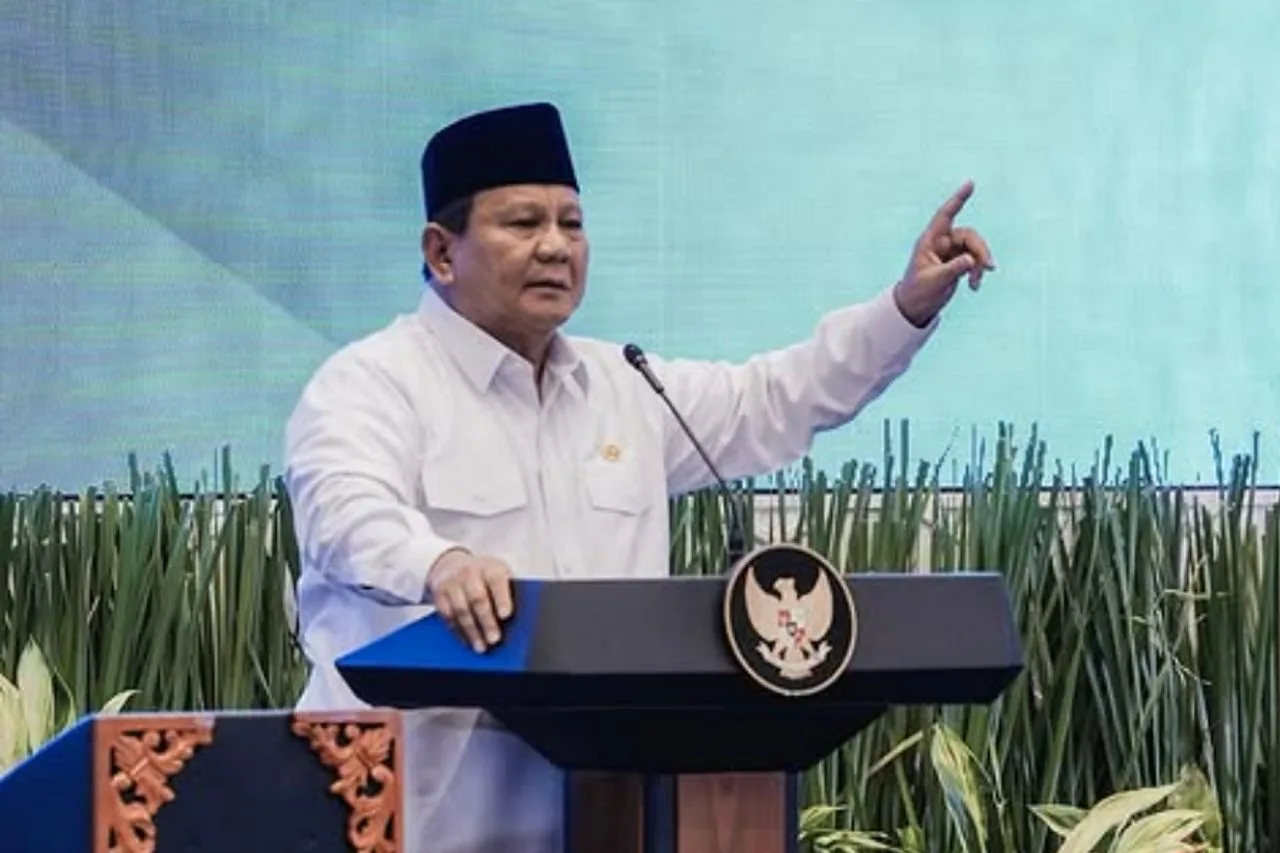
Prabowo Pushes for Simplified Textile Licensing
Businessicy – President Prabowo Subianto has directed ministers to streamline the licensing process for textile and textile product investors, recognizing the sector’s vital role in Indonesia’s economy.
Following a Cabinet and National Economic Council (DEN) meeting in Jakarta, Coordinating Minister for Economic Affairs Airlangga Hartarto emphasized the need for reform. “Investors are eager to enter the textile industry, but licensing hurdles remain,” he stated at the Presidential Office.
The textile and garment industries contribute significantly to Indonesia’s economic growth, generating over $2 billion in annual exports and employing nearly four million workers. Prabowo’s directive aims to enhance investment opportunities, strengthen local production, and maintain Indonesia’s competitive edge in the global textile market.
By simplifying regulations and cutting bureaucratic delays, the government seeks to attract more investors, support domestic manufacturers, and ensure long-term sustainability in the textile sector.
“Read More: iPhone 17 Air to Keep Ports, Apple’s Thinnest Yet”
Coordinating Minister for Economic Affairs Airlangga Hartarto has emphasized the need for deregulation in the textile sector to ease licensing requirements for investors.
“We must continue streamlining bureaucracy and removing unnecessary regulatory barriers, including simplifying environmental impact assessments,” Hartarto stated. To accelerate the process, he proposed forming a dedicated task force to oversee and implement the necessary reforms efficiently.
During the Cabinet and National Economic Council (DEN) meeting, President Prabowo Subianto also addressed critical challenges in the textile industry, including illegal textile imports and the availability of raw materials. The government aims to strengthen domestic textile production by ensuring fair market competition and securing sufficient raw material supply.
By reducing bureaucratic delays and implementing strategic reforms, Indonesia seeks to enhance its textile sector’s global competitiveness, create jobs, and drive economic growth. The new measures will support investors and local manufacturers in fostering a more sustainable and robust textile industry.
The Indonesian government is addressing anti-dumping measures to ensure that locally produced textile goods remain competitive in global markets. These measures, including tariffs and import restrictions, are designed to prevent unfairly low-priced imports from undermining domestic manufacturers.
“Textiles and textile products are highly competitive commodities. We are competing with Thailand, Vietnam, and even Bangladesh,” stated Coordinating Minister for Economic Affairs Airlangga Hartarto. The government aims to enhance Indonesia’s global market position by supporting local producers and ensuring fair trade practices.
Investment in Indonesia’s textile sector has surged significantly. According to the Ministry of Industry, investment in 2024 increased by 31.1% to Rp39.21 trillion (approximately US$2.7 billion) compared to the previous year. Rizky Aditya Wijaya, Director of the Textile, Leather, and Footwear Industry, emphasized that this growth reflects strong investor confidence in the future of Indonesia’s textile industry. The government continues to implement policies that encourage further investment and promote sustainable growth in the sector.
“The Complete Information From Wikipedia About Textile industry”